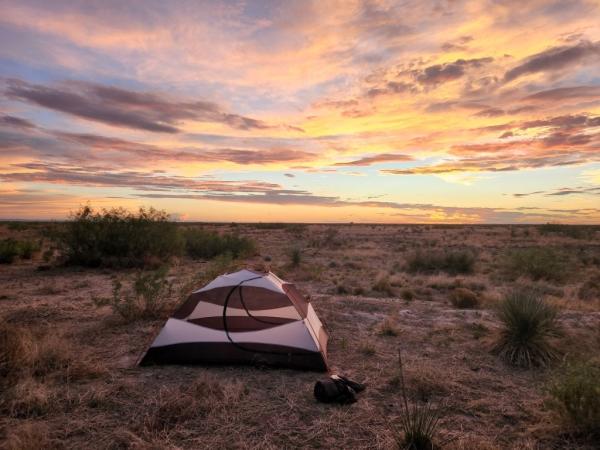 Goran Shikak
Goran Shikak
Master's Degree Candidate
Paula Cushing's Lab | Denver Museum of Nature and Science
CU Denver Department of Integrative Biology
Date: November 22
Time: 12:00pm - 1:00pm
Location: Denver Campus – North Classroom, Room 1604
An Investigation of Rehydration Techniques to Restore Dehydrated Museum Specimens and an Integrative Taxonomic Revision of The Great Plains and Chihuahuan Eremobates Palpisetulosus Species Group, Muma 1951 (Solifugae: Eremobatida
My thesis research focuses on the importance of leveraging natural history collections in assesing techniques used to restore preserved materials and using museum specimens in taxonomic revisions of understudied arachnids like solifuges. Ethanol curation is vital for preserving natural history museum specimens, especially soft-bodied arthropods. Dehydration due to suboptimal storage conditions necessitates effective rehydration methods. In our first study, we compared two approaches—gradual ethanol rehydration ("Step-Up") and Heat Rehydration—on dehydrated spiders. The Step-Up method proved more consistent in rehydrating tissues and reducing morphological damage. However, DNA yield from all treatments was low and degraded. We recommend collections managers consider the fragility of dehydrated specimens when choosing rehydration techniques and prioritize DNA extraction from alternative materials. Our second study utilized natural history collections to resolve the taxonomy of understudied arachnids called solifuges. This work focuses on the Eremobates palpisetulosus species group from the Chihuahuan and Great Plains. Recent molecular analyses challenge the group's monophyly, recovering two monophyletic clades. By leveraging molecular data with morphological data, we provide a robust taxonomic revision to resolve the relationships and taxonomy of the palpisetulosus species group. We provide new morphological synapomorphies traits for elevating two new genera, Eremobtusus and Eremodromus and resolve the species level taxonomy within each genera.
